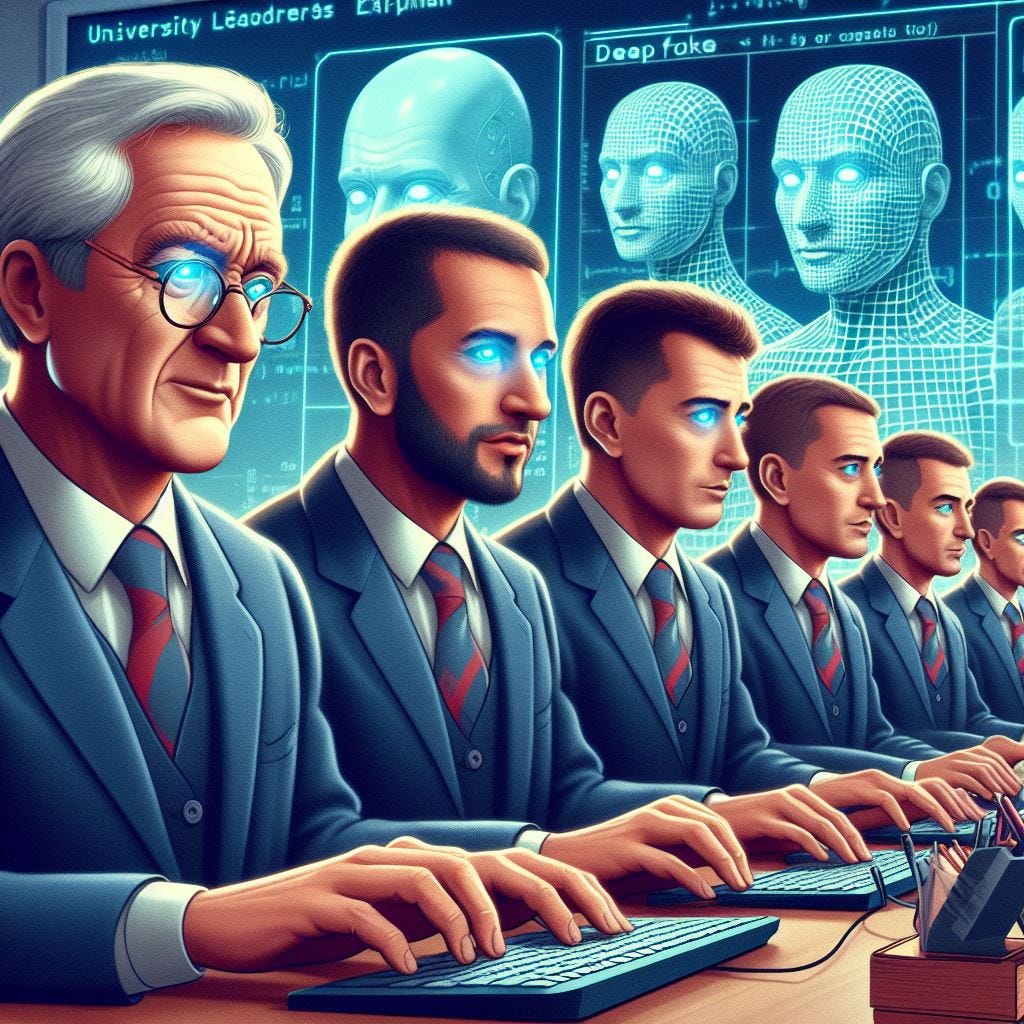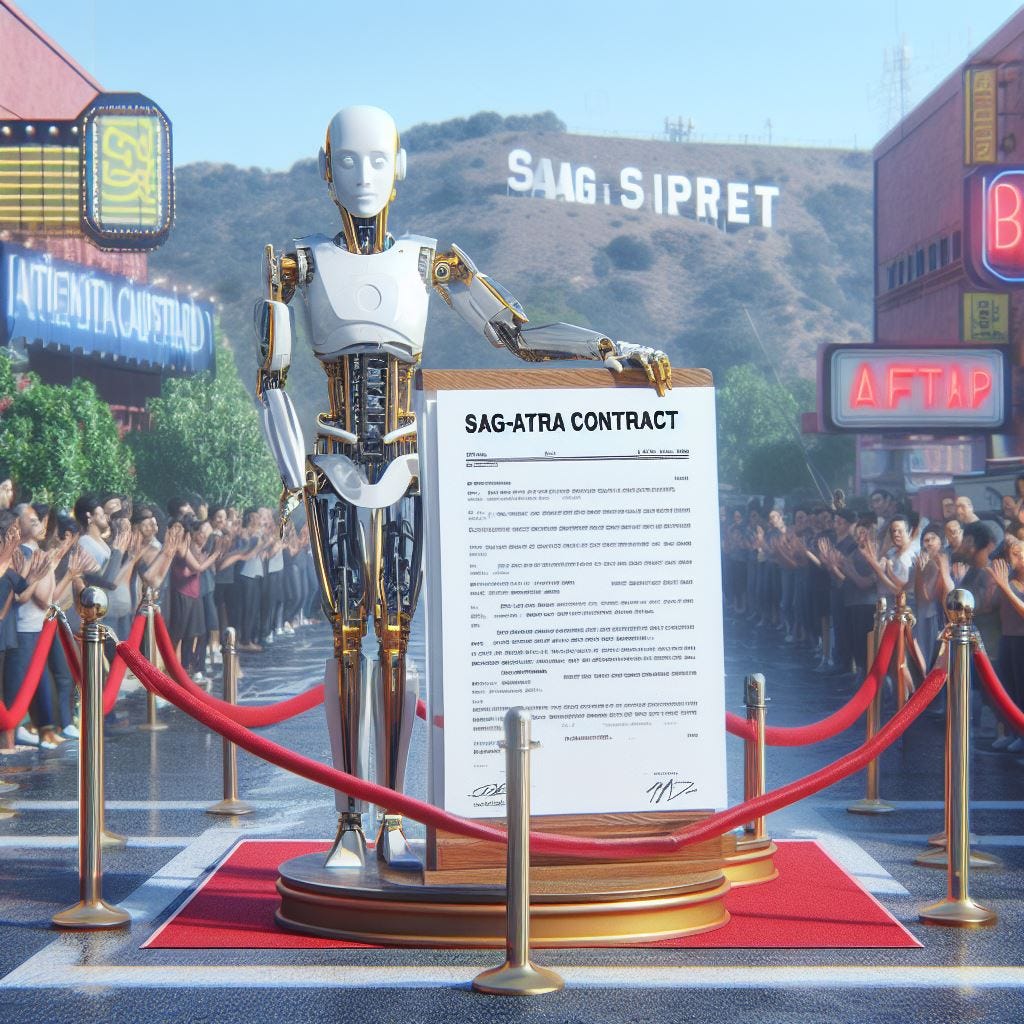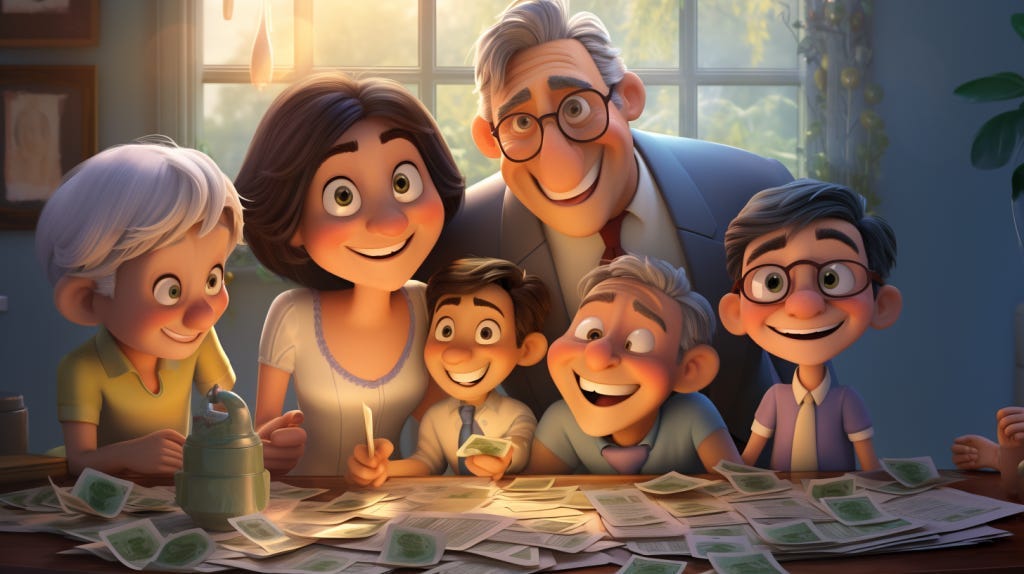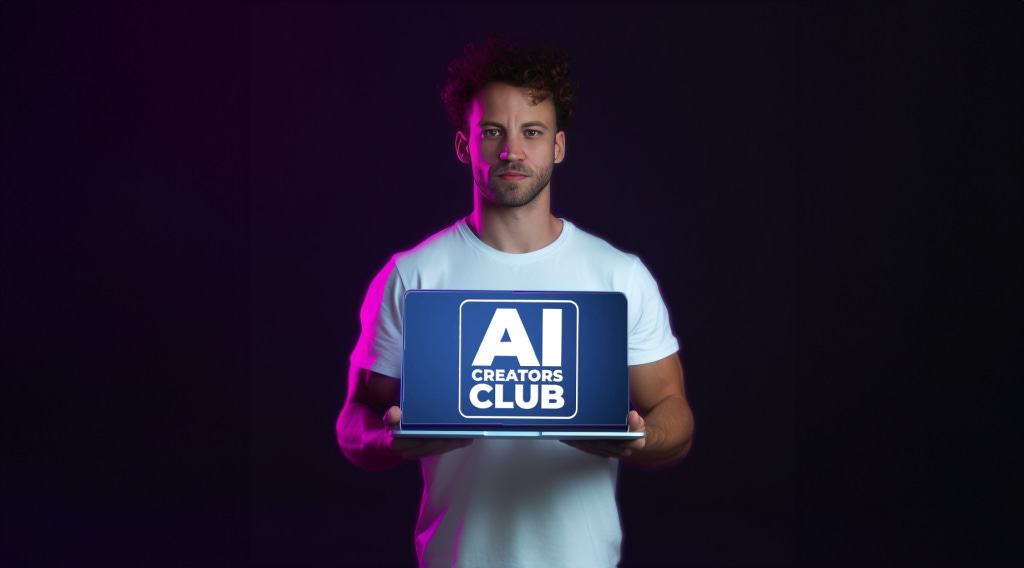YouTube, Colleges, Teachers, and Hollywood Navigate the Rise of Artificial Intelligence
From new labeling rules at YouTube to university experiments with AI avatars, artificial intelligence is transforming industries. Teachers are utilizing AI for lesson planning.
YouTube AI Labels
YouTube will require labels on AI-generated content starting in 2023
Aims to prevent misinformation from realistic deepfakes and synthetic media
Labels especially important for sensitive topics like politics and public health
Other platforms like TikTok and Meta also adding AI content disclosures
Failure to comply could result in removal of videos or demonetization
University AI Voices
Some colleges using AI to create chatbots and deepfakes of presidents
Goals are improving student engagement and admissions personalization
But experts warn of risks like confusion over identity and spreading biases
AI voice clones can be made quickly, prompting transparency needs
Schools debate AI policies amid potential impacts on ethics and jobs
Teachers Using AI
Teachers utilize AI for lesson planning, grading, and personalized student support
Alleviates repetitive tasks and frees up more time for individual instruction
Educators emphasize need to teach proper usage and media literacy
AI tools seen as aiding teachers rather than replacing them
Concerns remain about plagiarism and over-reliance on technology
SAG-AFTRA AI Contract
Actors union made a deal with studios regulating use of AI synthetic media
Establishes rules for digitally replicating actors without consent
Requires permission and negotiation for AI actors resembling real people
Aims to give performers control as technology advances
Addresses potential for AI to displace jobs in entertainment industry
YouTube Announces New Policy Requiring Labels on AI-Generated Content
YouTube has announced a new policy that will require content creators to disclose videos containing artificial intelligence (AI) generated content that could mislead viewers. The policy aims to prevent confusion amid the rise of new consumer-facing AI tools that can generate realistic fake text, images, videos and audio.
Starting in early 2023, creators will need to add a label when uploading content made using AI tools that depicts realistic but faked events, speech or actions. Labels will be especially important for content about sensitive topics like elections, conflicts and public health. For some sensitive content, labels may be prominently placed in the video player rather than just the description.
YouTube rolled out AI creative tools this September. But it wants transparency about synthetic content to avoid spread of misinformation. Other platforms like TikTok and Meta also now require AI disclosures. This comes ahead of 2024 elections, when realistic fake media could pose a threat.
YouTube says labels will normally be in descriptions. But for sensitive content, labels may be directly in the video player. Failing to label appropriately could lead to penalties like video removal or loss of monetization. Other policy violations by AI content will face normal restrictions.
In addition, YouTube will allow removal requests for AI depictions of identifiable people, including faces and voices. It will consider factors like parody or public figures in deciding whether to comply. Music partners can also request takedowns of AI music mimicking artists' voices.
The new policy aims to balance creativity enabled by AI tools while maintaining integrity. Labels help inform users what is real versus AI fakes as the technology progresses. Overall, YouTube seeks to get ahead of potential misuse of realistic synthetic content before it becomes a bigger problem.
University Leaders Experiment with AI Voice Clones and Deepfakes
Some university presidents are turning to artificial intelligence (AI) to connect with students in new ways. Wells College's president used ChatGPT to write a commencement speech. The University of Nevada, Las Vegas created an AI avatar of their president that can answer student questions. Utah Valley University recently made an AI clone of their president's voice for a cybersecurity PSA video.
The technology to mimic voices and create deepfakes is advancing rapidly. It took only a month for Utah Valley to clone their president's voice. These experiments aim to increase student engagement and retention. However, experts warn universities to carefully consider the goals and potential risks before utilizing AI.
There are opportunities to personalize outreach, like creating customized welcome videos for thousands of admitted students. AI avatars could potentially interact with students in different languages as well. But transparency is key. The University at Buffalo declined to make personalized videos to avoid confusion if students realized it was an AI bot, not a real person.
Controversy erupted when a deepfake of Harvard's first Black woman president made by students had problematic "sassy" prompts. Louisville is discussing AI uses but wants to maintain human connection. AI chatbots can improve efficiency, but human interaction remains vital.
While AI engagement has potential benefits, experts say pitfalls like psychological impact and unethical use need consideration. Spread of deepfakes makes it impossible to fully contain the technology. So universities should teach media literacy and identify manipulation. Just as parents teach internet safety, identifying AI use needs to become an essential skill.
Overall, university leaders are intrigued but cautious about utilizing AI. Transparent disclosure of any AI use is crucial. And learning how to detect deepfakes helps students navigate an evolving media landscape powered by artificial intelligence.
Teachers Embrace AI to Enhance Lessons and Lighten Workload
Many teachers are starting to utilize artificial intelligence (AI) tools like ChatGPT to assist with lesson planning and other tasks. The goal is to free up more time to focus on students while enhancing learning.
English teacher Johannah Nanke uses AI to draft emails, write plans, and create rubrics. The technology has given her a "second wind," allowing her to spend less time on the computer and more time with students. Chemistry teacher Kim Ross encourages students to use ChatGPT to check work and get extra practice. She believes it's important to teach proper use, not ban AI.
Ann Thomas, a consultant for an Iowa education agency, is booked with presentations on AI through January. She says schools shouldn't block the tech but rather teach ethical use, as it won't disappear. Some districts are reworking plagiarism policies to address AI.
While some worry AI will replace teachers or enable cheating, proponents say it just helps with rote tasks. Nanke says AI doesn't do your job; you still need human teachers. Ross views it as a tool that doesn't replace anyone if used correctly.
Thomas and Ross teach about potential AI biases and false information. Schools should help students understand pros and cons, as AI will impact their lives. Ross wants students informed in case future legislation regulates the technology.
Rather than banning a pervasive innovation, these teachers believe embracing AI as a teaching aid makes sense. With proper understanding, it can enhance lessons without replacing educators. Their students gain tech literacy and practical skills for an AI-driven world.
7 OF THE BEST AI TOOLS
COPYSMITH IS A ONE-STOP DESTINATION FOR AI-POWERED CONTENT DEVELOPMENT.
HEADLIME IS THE GO-TO GPT-3 TOOL FOR MARKETERS.
WRITESONIC IS ONE OF THE BEST ARTIFICIAL INTELLIGENCE-POWERED COPYWRITING GPT-3 TOOLS.
SAG-AFTRA Contract Establishes Guardrails for Using AI Actors
The Screen Actors Guild‐American Federation of Television and Radio Artists (SAG-AFTRA) has reached a tentative agreement on a new contract with the Alliance of Motion Picture and Television Producers (AMPTP) that establishes guidelines around using artificial intelligence (AI) to recreate actors. The contract aims to protect actors as AI technology advances.
The agreement categorizes digital replicas of actors into three types:
Employment-based replicas using an actor's likeness with their participation. Consent is mandatory and actors must be paid for creation, use, and residuals.
Independently-created replicas made from existing materials. Consent from the actor or estate is still required, as is clearly outlining the intended use. Compensation is negotiable.
Generative AI that simulates an actor's voice and mannerisms to generate new content. Studios need permission to create a CGI character resembling an actor and must negotiate use and payment.
For background actors, 48 hours notice is required to use digital replicas. Consent and estate approval rules also apply. Replicas cannot replace hiring real actors on set. Payment will be as if they worked on set, with extra pay for prominent use.
The contract acknowledges potential for AI to threaten acting jobs. Its guidelines ensure creators obtain consent, allow negotiation over use and pay, and prevent AI from replacing hiring actors. The provisions aim to give performers control as technology recreates their work in the future.
SAG-AFTRA members will soon vote whether to ratify the full contract. The AI guidelines establish key protections at a critical time as deepfake technology spreads. With proper oversight, AI can complement human acting without fully replacing it.
Your own personal army of bots, continuously producing VIDEO CONTENT across all social media platforms.
Generating TRAFFIC, LEADS, and attracting CLIENTS, all for YOU!
Sit back, RELAX. Let Artificial Intelligence do the heavy lifting FOR YOU.
Your business transformed, a powerhouse of wealth, forging a secure future for you and your family.
But BEWARE… Those hesitant to adopt AI risk falling behind, their income dwindling, struggling to provide…
Don’t get left behind! Embrace the future.
Join our AI Creators Club.
*All images above were generated with AI
Add To Cart
Your initial payment will be $1.
After 30 days, your subscription will be renewed monthly at $37/month.
You are basically are getting access to everything for only $1 for an entire month.
No contract, no obligations. You can cancel any time.














